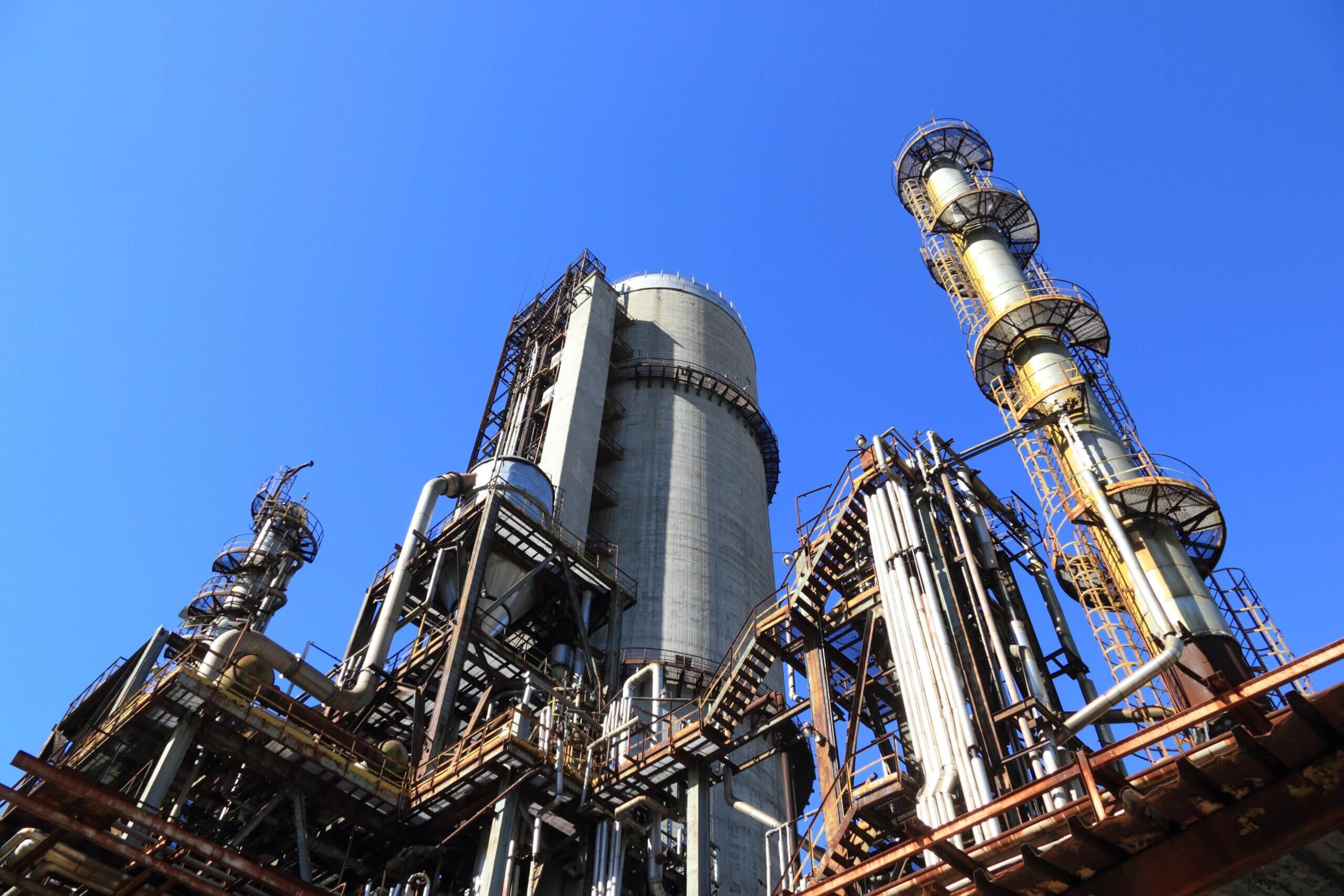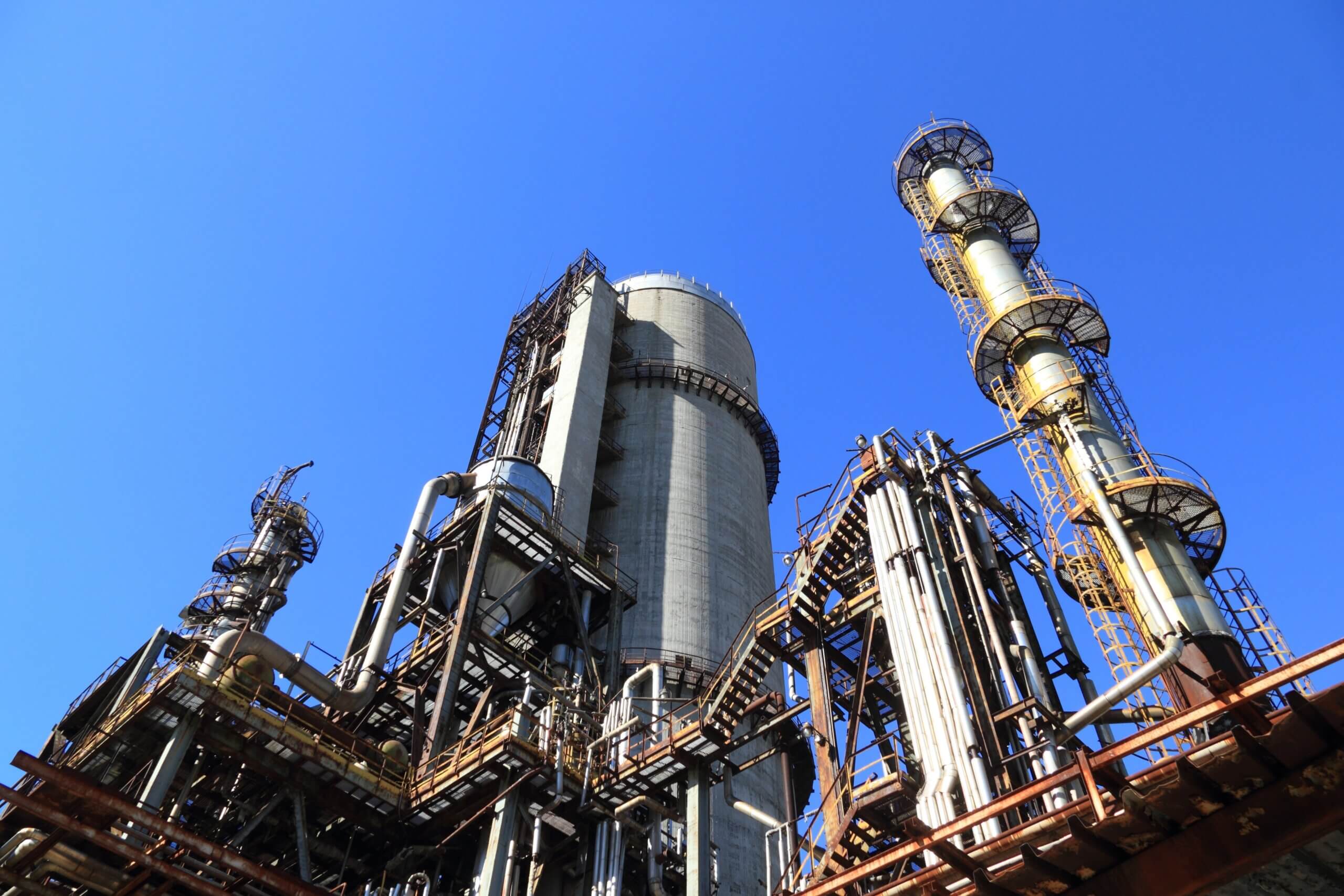“Deglobalization” has entered the narrative zeitgeist. But what’s happening on the ground? This weekly series seeks to answer that question with a round-up of deglobalization developments from the week that’s done.
1. The Financial Times reports that international carmakers are quietly cutting ties with China in what a Ford executive calls “a large-scale rethinking” of the industry’s supply chain – prompted by Chia’s Zero COVID-19 policy, as well, more broadly, as geopolitical trends and threats of decoupling. Even Volvo, which is backed by China’s Geely, reports that it is increasing its use of non-Chinese components.
2. As COVID-19 cases spread across China, Volkswagen is telling its staff in the country to work extended hours to compensate for production losses from sick employees. Earlier this month, COVID ripped through a workshop at BMW’s Shenyang factory, infecting most of a production line.
3. And in more auto news: Tesla reportedly suspended production at its Shanghai plant this week. The company has not offered any explanation, but most are attributing the development to low demand in China compounded by rising COVID-19 cases in the country.
4. Concerned about the rising forces of deglobalization, a senior fellow at the Chinese State Council’s Development Research Center is urging Chinese companies to engage overseas as developed economies look to reshore or friendshore production. “Chinese companies should go out further,” he said in an interview, or “we risk giving up our leadership in global production networks.” He cited rising labor costs in China, geopolitical tension, the Zero COVID-19 policy as threats to China’s international economic model.
5. Customs and Border Protection (CBP) has begun detaining merchandise produced or manufactured by Jingde Trading, Rixin Foods, and Zhejiang Sunrise Garment after an investigation indicated that these companies use North Korean labor in their supply chains.
6. Serbia has placed its security forces on the border with Kosovo in a “full state of combat readiness” as tensions with its neighbor escalate. Fears of violence between the two countries have been soaring since the start of Russia’s war in Ukraine: The United States and most EU countries have recognized Kosovo’s independence, while Serbia has relied on Russia and China in its bid to maintain claim on its former province.
(Photo by Pexabay/Pexels)




